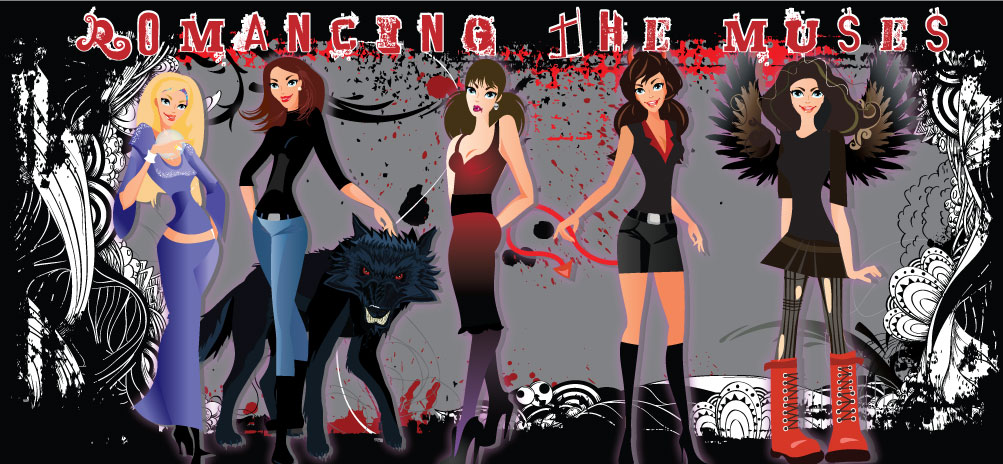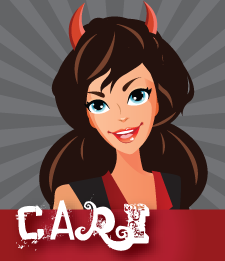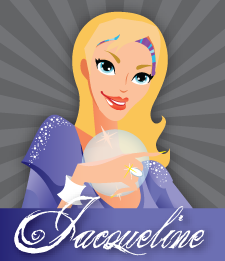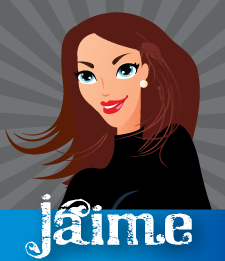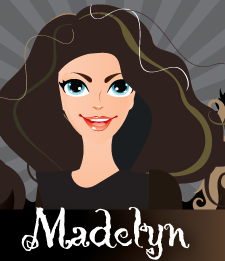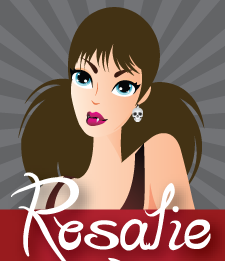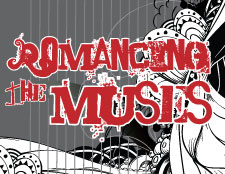Imagine that after hours of hard work in creating, editing, and submitting your work, your book is now available for the reading public. You've been promoting, trying to spread the word, when you learn that your book has been uploaded on a file sharing site for the masses to take free of charge. It's a horrible feeling, as well as something that is incredibly confusing for a new author. I remember when this first happened to me, I had no idea what to do. I didn't have a formal letter, nor any idea of how to have the links removed. It's not enough to state you are the owner of the copyright, rather you have to list numerous things, especially if you want to see results.
In an effort to help those new to this, I wanted to share a couple of templates I use when sending out DMCA notices. As soon as I have book that is released, I also make sure I create a new word document with all the information and fill out the blanks as necessary. Although I hope you're not faced with piracy, perhaps these will help make the task a bit easier in the event you need them.
DMCA Templates:
Hello,
My name is
<insert your name here> and I am requesting take down of my work that is being shared in violation of copyright, as is stated in the warning issued in the work being illegally shared below.
<insert name of your work here> -- ISBN#: <insert ISBN here>
is available for purchase at: <insert link where your book can be purchased>
I have good faith and belief that the use of aforementioned material is not authorized by the copyright owner, its agents, or the law. No part of this e-book may be reproduced or shared by any electronic or
mechanical means, including but not limited to printing, file sharing, and e-mail, without prior written permission from <insert the name of your publisher here>. I swear, under penalty of perjury, that the information in the notification is accurate and that I am the (copyright) owner or am authorized to act on behalf of the owner of an exclusive right that is allegedly infringed.
Links are available on your site here:
<insert link where book is available on file sharing site>
I would appreciate it if you could remove these as soon as possible.
You can contact me via at the address below:
<insert your name here> c/o <insert name of your publisher here>
<insert the address of your publisher here. You can usually find this information on your publishers website, or by asking your editor, etc>
Regards,
<insert your name here>
Another good letter to use is this one:
Attn: Moderator,
Pursuant to 17 USC 512(c)(3)(A), this communication serves as a statement that:
(1). I am the duly authorized representative of the exclusive rights holder for <
insert name of publisher here> and all of its holdings;
(2). These exclusive rights are being violated by material available upon your site at the following URL(s): <
insert link where you material is being offered on file sharing site>
(3) I have a good faith belief that the use of this material in such a fashion is not authorized by the copyright holder, the copyright holder's agent, or the law;
(4) Under penalty of perjury in a United States court of law, I state that the information contained in this notification is accurate, and that I am authorized to act on the behalf of the exclusive rights holder for the material in question;
(5) I may be contacted by the following methods:
Send mail to: <
insert publishers address here>
Call: <
insert phone number of publisher here, or if you prefer, you can leave this blank although some file sharing sites require a phone number>
Or
Email: <
insert your email here>
I hereby request that you remove or disable access to this material as it appears on your service in as expedient a fashion as possible. Thank you for your kind cooperation.
Regards,
<
insert your name here>
Piracy is a tangled web, one that's hard to maneuver, but once you have a letter, it's just a matter of ensuring you have a Google Alert for your material in place (which you can learn about by doing a Google search for Google Alerts). I also register at the piracy sites and check them frequently. It does take a lot of time and diligence, but if you're willing to stay on top of things you can be successful in having the links removed. Keep in mind that there are places, namely torrent sites, who will not comply with DMCA requests. Trying never hurts, but be prepared in the event you come across these.
